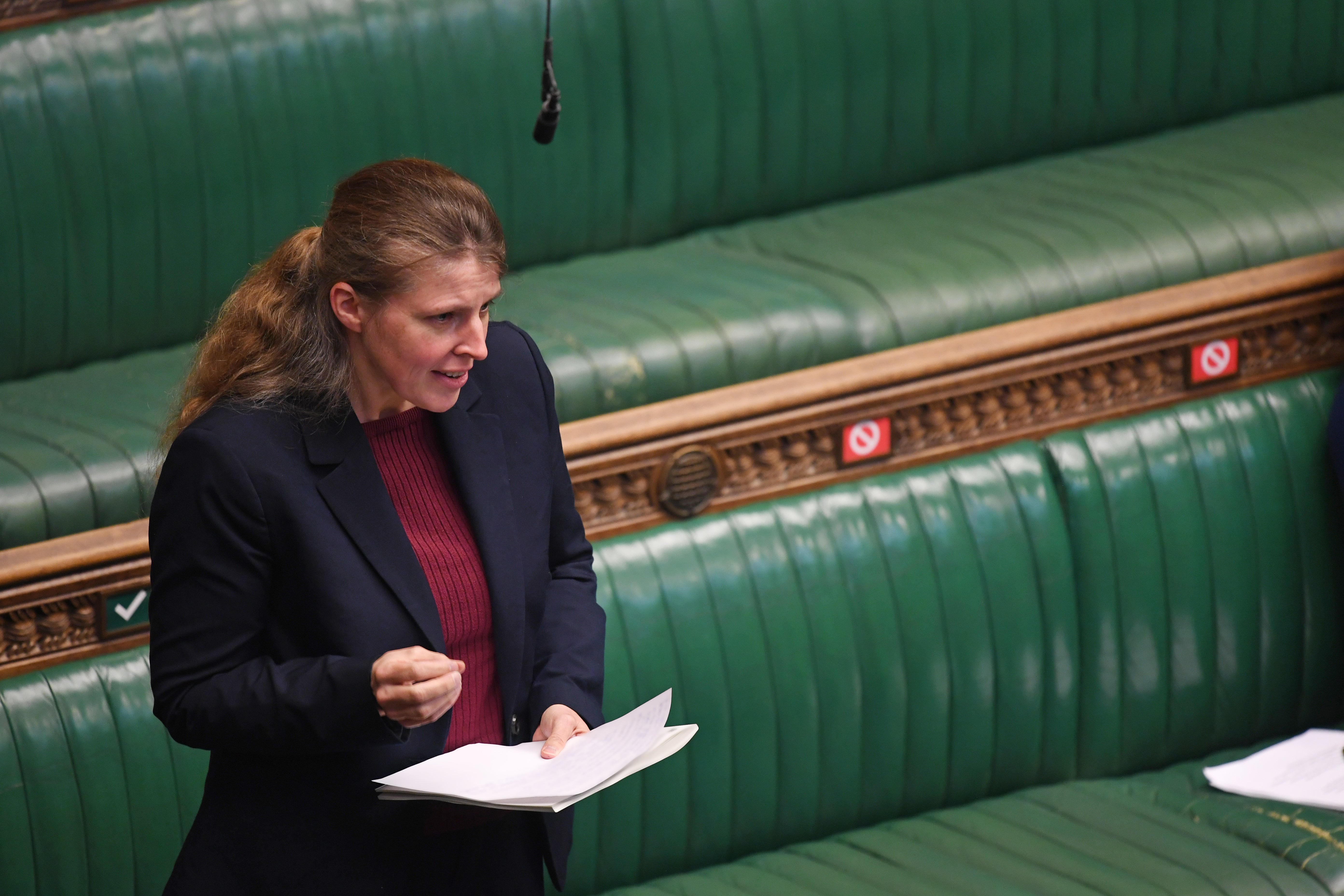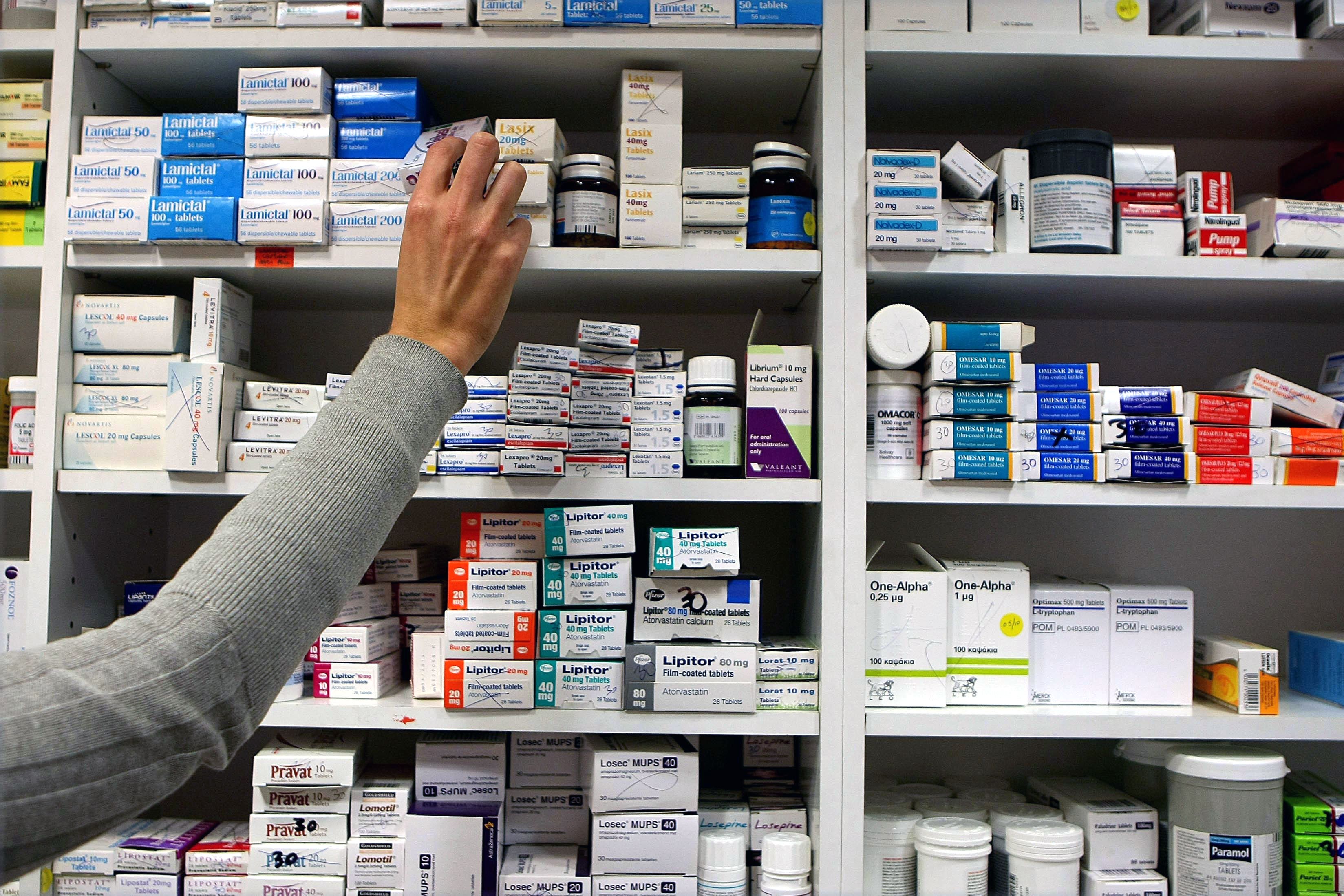More than half a million patients face shortages of essential medicines as Britain is hit by a drug supply crisis, Independent it is said.
The NHS has issued warnings about shortages of nine essential medicines for conditions including schizophrenia and bipolar disorder. Patients are left to search for pharmacies that have stock, measure food, and use ineffective drugs.
Education experts warn that the lack of medication for ADHD (attention deficit hyperactivity disorder) this year has already had an impact, with children missing school when they try to control their condition.
Worsening drug shortages have been affected by weak supply chains that have occurred in the aftermath of the outbreak, according to Mark Dyan at the Nuffield Trust.
A nine government “severe shortage” protocol is in place for the anti-viral drug quetiapine – sold as Seroquel – which is used by around 250,000 people in the UK. Department of Health and Social Care (DHSC) has warned businesses and doctors of a shortage of quetiapine until at least September.
ADHD patients are also facing shortages, with NHS doctors in the South West being told to stop prescribing methylphenidate. Marketed as Ritalin or Concerta, the drug is taken by more than 275,000 NHS patients.

Ian Hamilton, a respected fellow in mental health and addiction at the University of York, warned of the consequences for patients who are forced to stop their treatment suddenly.
“Ritalin can be addictive, meaning that when a person suddenly stops taking the drug, they will experience significant withdrawal symptoms such as fatigue, irritability and depression,” he said. “Resistance to quetiapine, an antipsychotic, is also very serious. For most people, the risk will be to them if they can’t get quetiapine. ”
Steven Kitchen, chief executive of Bipolar UK, stressed that bipolar patients need their medication to stay healthy or their symptoms can worsen.
He said: “They can do a lot of damage to themselves and damage the people around them before they get to the point where they are in a scary situation of isolation because they are not healthy. The suicide risk of depression is really high. People depend on this medicine to stay alive.”
Mr Kitchen said it can be difficult to get off antipsychotics once they work for someone and it can take months to switch to another drug. Often, patients cannot see a psychiatrist or GP to help with this.
He said: “People are left to fend for themselves. “This is the way to end the crisis.”

According to the DHSC, although shortages of other ADHD medications have decreased, there is still a problem with methylphenidate.
In the South West, doctors were told that new patients could not be started on 12-hour dose prescriptions and instead were given shorter versions. The NHS has seen a huge rise in ADHD medication prescriptions for adults, from 119,000 patients in 2022-23 to 152,000 last year. The number of patients aged 17 and under increased from 121,000 to 123,000.
In September of last year, a national patient safety alert was issued due to a lack of supply of ADHD medication. Supply issues were expected to be resolved by December 2023 but problems persist, blamed on production issues and increased global demand.
Concerns have been raised about the effect on children who use drugs like Ritalin to deal with their ADHD, especially as the new school year is fast approaching.
Niamh Sweeney, deputy general secretary of the National Education Union, said: “This issue has caused many young people to miss school due to anxiety when they do not have medication, or to be isolated and suspended due to the problem of controlling their behavior without medication. It is a situation that needs to be rectified urgently.”

Dr Rory Conn, a child psychiatrist in Devon, added: “This week alone, I’ve had a number of patients for whom things are rapidly deteriorating. They need to take frequent doses, which do not work well for them. The experience is of temporary control rather than permanent control.
“If we had this problem with physical health medicine, there would be a national outcry.”
The pediatrician said that what started as a short-term deficit continued with no sign of resolution, warning that the situation had “worsened significantly in recent months”.
For patients already on 12-hour medication, doctors were told to consider a break in treatment, alternative treatments or switching to a different type of treatment, lisdexamfetamine, is may not work for some patients.
MP Rachael Maskell, a former NHS worker and physiotherapist who sits on the Commons health committee, said: “There are clearly very serious consequences for people who rely on medicines if there is a shortage. So this is It is a very urgent matter that the government should take up.”
A DHSC spokeswoman said recent issues with the supply of most ADHD medication had been resolved but the department was aware of ongoing global supply issues involving extended-release methylphenidate tablets. long.
They say they are working with the manufacturers of both types of drugs to resolve the issues, and they say quetiapine shortage regulations have been issued to allow retailers to offer different strengths and avoid patients seeking stock.
#Drug #supply #problems #patients #ADHD #mental #illnesses #face #shortages
